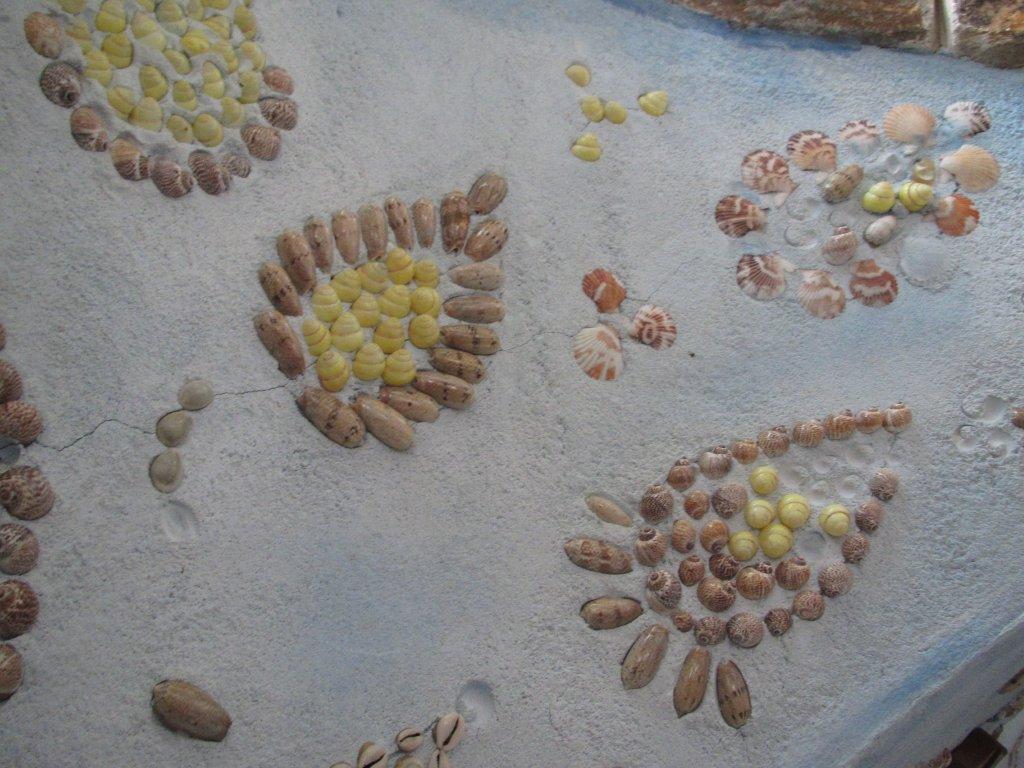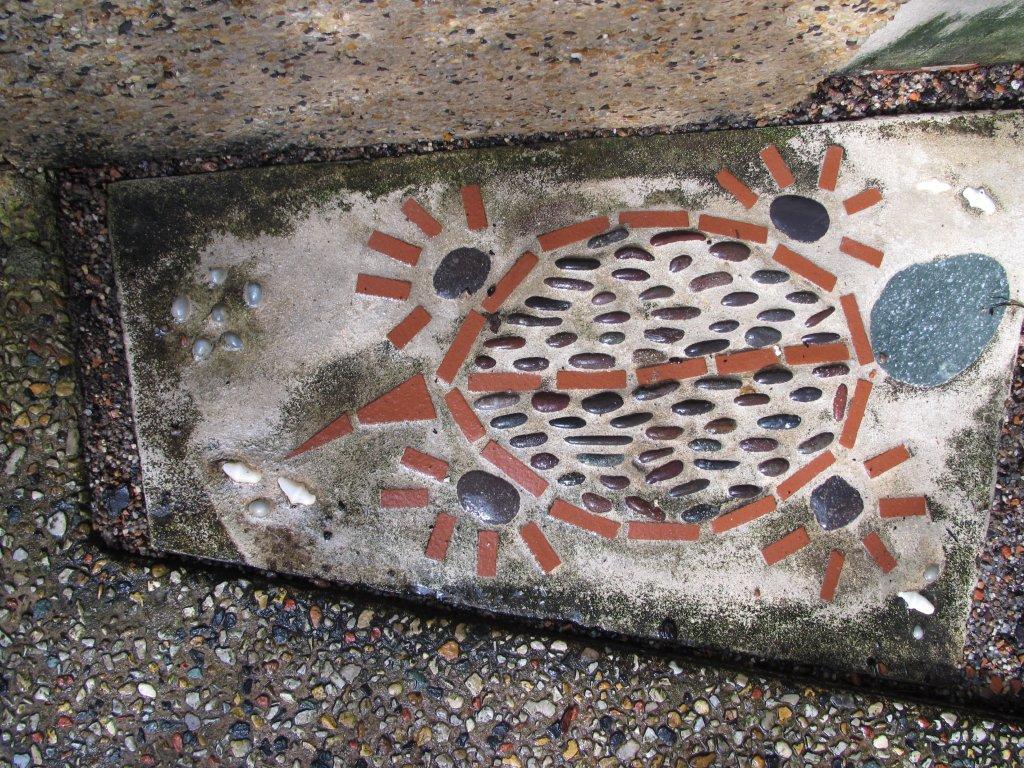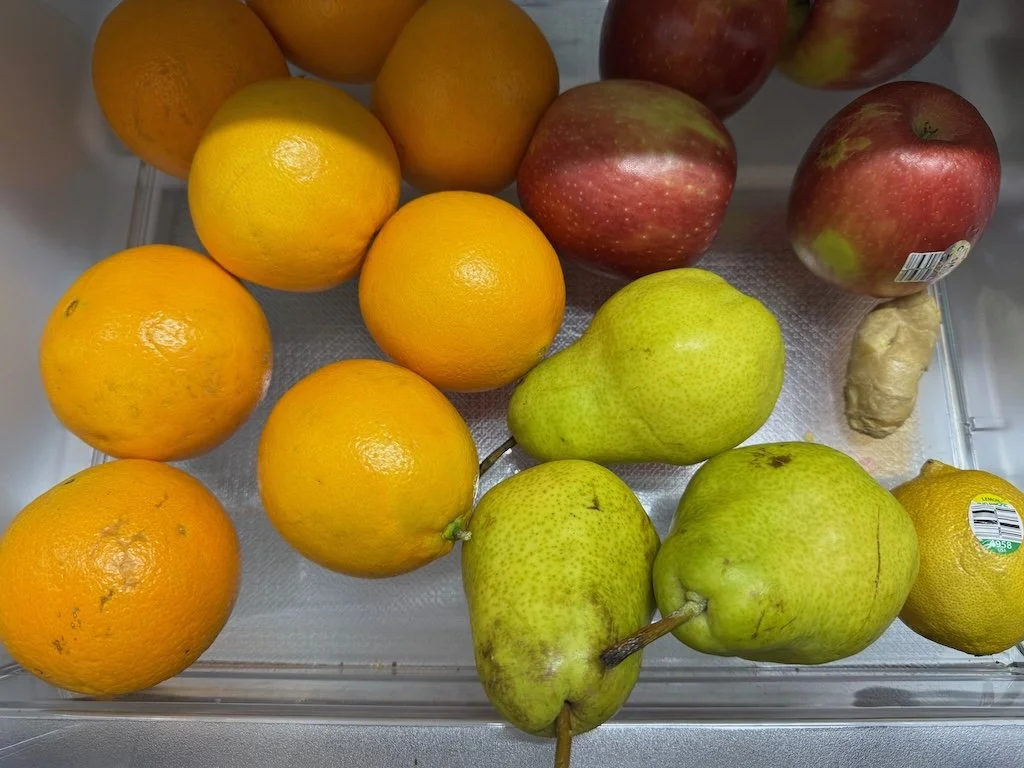This blog item is the second in a series about the rhythms we choose for our lives. Today the topic is weekly rhythms.
~~~~~
There are activities that are generally done on a weekly basis…almost always associated with a particular day of the week. They serve as infrastructure to other activities so must be done sometime during the week although they can be moved to other days if necessary occasionally. The three that are nearly constant for me are:
- House cleaning on Wednesdays
- Groceries shopping on Fridays
- Laundry on Saturdays
If I make a batch of muffins, it is generally on Sunday. Visits to museums, galleries, or gardens are most often on Sunday afternoon.
For young children, it is worthwhile considering a weekly cycle to provide a bit of structure for activities that would become boring or overwhelming if they happened every day. The idea is to have a theme for the day that can be repeated in subsequent weeks. For example:
- Family activity on Sundays
- Seasonal craft on Mondays
- Baking/cooking on Tuesday
- Painting/drawing on Wednesday
- Farm or other extended outdoor activity on Thursday
- Grocery shopping on Friday
- Music on Saturdays
Think about the weekly rhythms most important to enable your life to move along the way you want. Are they firmly in place or ad hoc? Could they be honed to better meet your needs?
~~~~~
Last week, the post was about daily rhythms. I’ll post an item about annual rhythms next week and there will be a final post for rhythms that don’t quite fit into daily/weekly/monthly/annual cycles or the rhythm is set by a metric other than time.

































